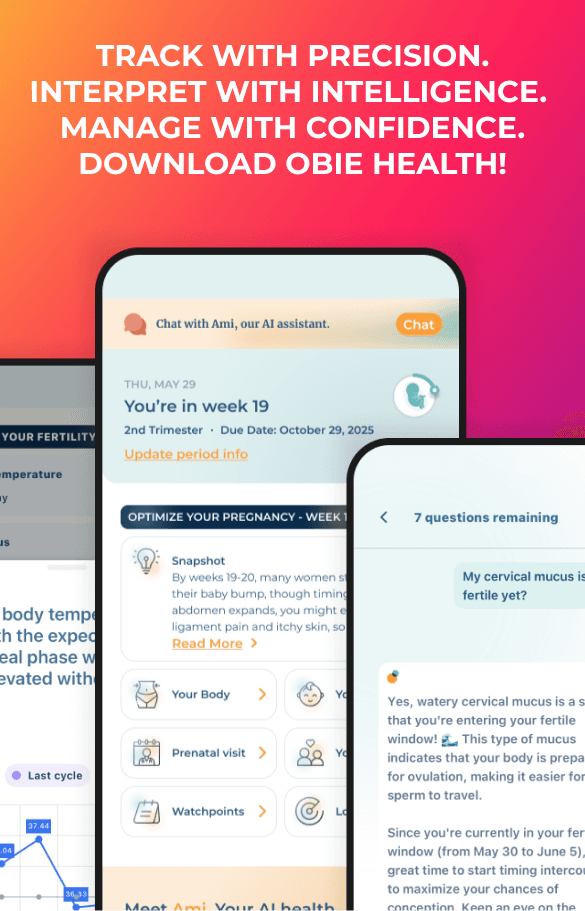Do Fish Oil Supplements Increase Children’s Intelligence?
Food and Nutrition
Obie Editorial Team
By: Rachel Neifeld, RD, CDN
Two essential omega 3 fatty acids found in fish oil, EPA (eicosapentaenoic acid) and DHA (docosahexaenoic acid) are extremely important during pregnancy, but can extra supplementation beyond diet increase a child’s intelligence? A new study sought to find the answer to this question. The researchers posed the theory that since omega-3 fatty acids help with the baby’s neurological development, adding more to the mother’s diet may increase a child’s IQ later in life. According to the recently published study in the American Journal of Clinical Nutrition, this doesn’t seem to be the case.
The researchers asked expectant mothers to take fish oil, fish oil plus a folate supplement, folate alone, or a placebo during the second half of their pregnancies. Seven years later, the researchers gave intelligence tests to 154 children from this group. The children performed similarly on the tests, regardless of what type of pill their mothers had taken during pregnancy. There was one important finding, though, which makes a good case for a long term healthy lifestyle.
The researchers found that the children of the women who had high levels of DHA in their red blood cells around the time they gave birth, whether or not they were given fish oil supplements, scored above average on the intelligence tests at age six. This may mean that long-term fatty acid intake throughout a woman’s life is more beneficial than receiving supplementation alone during pregnancy.
The best sources are cold-water fish, such as salmon, tuna, herring sardines, and anchovies. Walnuts, flax seeds, and avocado are sources of omega-3’s but they provide only ALA (alpha-linolenic acid), a precursor form that the body cannot convert efficiently to the essential DHA and EPA. Therefore, taking a supplement is a good idea both before and during pregnancy if you don’t include many sources of omega-3 fatty acids in your diet. A supplement should contain at least 300 mg of DHA, and should not smell or taste fishy as this is a sign that it may be rancid. If you consume the recommended 12 oz of low mercury fish each week, you don’t have to take an additional supplement. As with most everything else, when it comes to omega-3 fatty acids during pregnancy more of a good thing is not always better.







